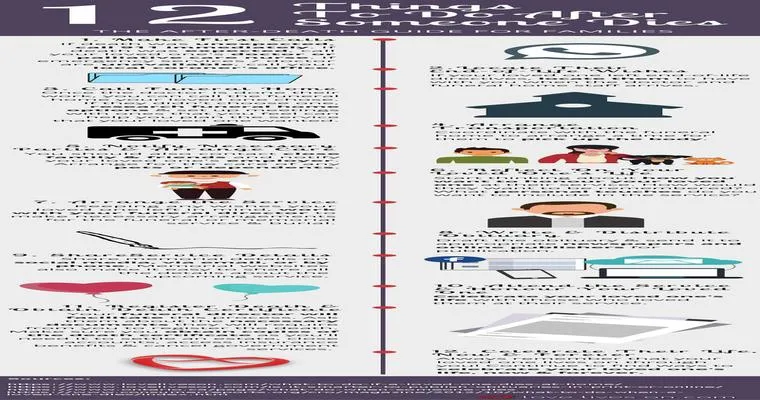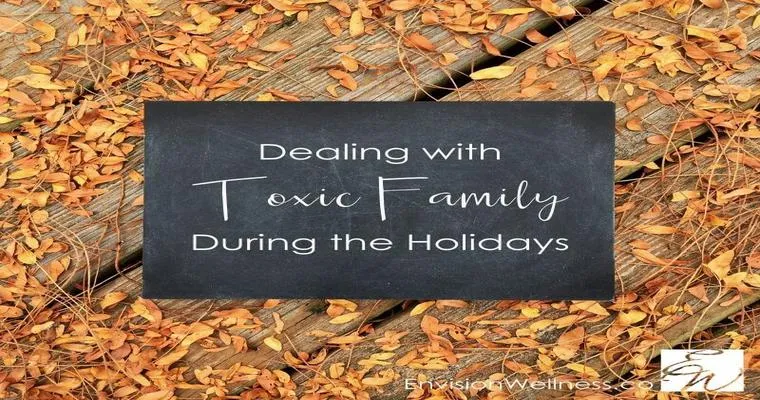When a loved one passes away, it can be an overwhelming experience filled with grief and confusion. In addition to the emotional toll, there are many "important tasks" that need to be addressed promptly and thoughtfully. Having a comprehensive "checklist" can ease the burden during such a difficult time. This article outlines a detailed list of everything you need to do when a person passes, ensuring that you can navigate the process with clarity and compassion.
Immediate Steps to Take
1. "Contact Authorities": If the death occurs at home and was not expected, it is crucial to call emergency services or the police. They will need to verify the death and determine if further investigation is necessary.
2. "Notify Family and Friends": Inform close family members and friends about the passing. This can be a challenging conversation, so approach it with sensitivity.
3. "Arrange for the Body": Depending on the situation, you may need to contact a "funeral home" or a "medical examiner" to handle the body. If the death was anticipated, you may have already made arrangements.
Legal Considerations
4. "Obtain a Death Certificate": A death certificate is essential for legal purposes. You will need to request several copies from the local vital records office, as these will be required for various tasks, including settling the deceased's estate.
5. "Locate Important Documents": Find the deceased’s will, insurance policies, and any other important documents. These will be critical for managing their estate and understanding their final wishes.
6. "Notify Financial Institutions": Contact banks, credit card companies, and any other financial institutions to inform them of the death. This will help prevent identity theft and allow you to manage the deceased's finances appropriately.
Funeral Arrangements
7. "Plan the Funeral or Memorial Service": Work with the chosen funeral home to make arrangements for the service. Discuss options for burial or cremation, as well as any personal touches, such as music, readings, or special tributes.
8. "Create an Obituary": Write an obituary to honor your loved one and inform the community about their passing. This can be published in local newspapers or online platforms.
9. "Coordinate with Family": Involve close family members in the planning process to ensure that everyone's wishes are considered and to share responsibilities.
Post-Funeral Tasks
10. "Settle the Estate": After the funeral, you may need to start the process of settling the deceased’s estate. This includes managing assets, paying debts, and distributing property according to the will or state laws.
11. "Cancel Services and Accounts": Contact utility companies, subscription services, and other accounts to cancel or transfer services. This will help avoid unnecessary expenses.
12. "Address Tax Matters": Consult with a tax professional regarding the deceased’s final tax return and any estate taxes that may be applicable.
Emotional Support
13. "Seek Support for Yourself": Grieving is a personal process, and it’s essential to take care of your emotional well-being. Consider reaching out to support groups, counselors, or therapists who specialize in grief.
14. "Honor Their Memory": Find ways to celebrate the life of your loved one, whether through memorials, charitable donations, or personal rituals that hold significance for you and your family.
Conclusion
Navigating the aftermath of a loved one’s passing can be incredibly challenging, but having a "detailed checklist" can help make the process more manageable. From immediate actions to legal considerations and emotional support, addressing these tasks methodically can ease the burden during a difficult time. Remember to lean on family and friends for support, and take the time you need to grieve and heal.





